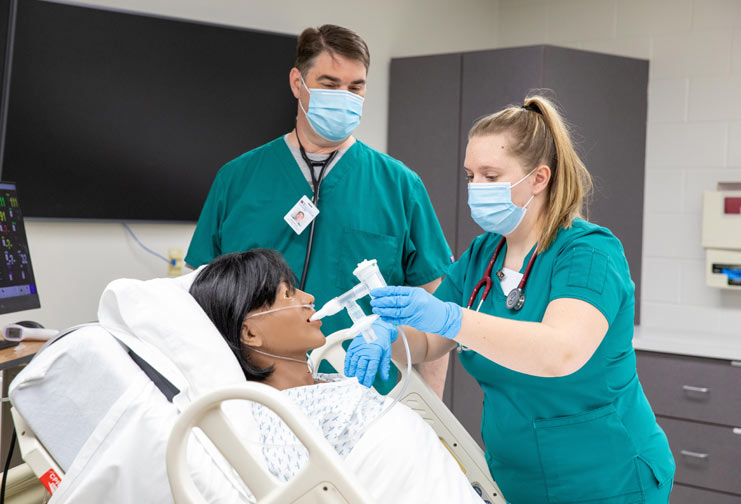Is College Right for You?

Colleges and universities are widely considered to be an investment that can provide the student with returns over a lifetime. However, there are many variables to consider when reviewing the different options available. The four-year degree is not the only choice available, and many students will have to factor in the costs of attending the school in terms of housing, food, clothes, supplies and miscellaneous expenses. These costs can be prohibitive in some cases, which is why some students may prefer to enroll in technical college or vocational schools instead of going straight into a university environment. This article provides a brief overview of the most critical aspects students face when navigating the system of higher education. This is not a complete guide, but it does provide a starting point for students who can expect to deal with their interactions with this system over a lifetime.
Choosing a College
Many prospective students struggle with how to evaluate the benefits of a college education. One of the most commonly used metrics for evaluating a school is the employment ratio for graduates. However, this was not the original mission of many educational institutions, which were organized during a period of time when the concept of the public good had a lot of traction. After the conversion to a market-driven economy occurred, schools started being evaluated according to how employable students were upon graduating from the institution. This fundamentally shifted the emphasis of the educational institution. It was now placed within the context of utility to a set of employers instead of to the society as a whole. This is a useful way to understand the curriculum differences between universities and technical colleges. Students who are exclusively interested in obtaining job skills may find that a technical college is better suitable for their goals.
The purpose of obtaining an education is an important line of inquiry because of the high costs associated with a university education. Graduates generally find that employers are more willing to hire them even if the degree is in an unrelated field. This can offset the sense of insecurity that comes with obtaining a degree in a field with a low rate of employment. The dedication of the student is also going to shape the whole experience as well. Students who invest more into their education usually find a way to apply these learning experiences in other settings as well. For example, many students who study in a university will still have acquired a solid understanding of how to navigate any similar institution. This skill is very useful within any existing bureaucratic structure.
Financing Your College Education
The rising cost of tuition is also an important consideration. Previous generations of students had to navigate an educational system that offered lower tuition rates and more financial aid relative to those costs. However, most of the current programs will not cover the total cost of tuition for many schools. This means that the student will need to take out private loans at some point close to graduation. These lenders may require a co-signer. The financial aid office of the school can help you navigate this part of the system, but you should research the issue of financial aid thoroughly before engaging in conversations with people who have the power to grant or withhold funds. You should be prepared to sound organized, informed and focused at all times.
Student loans can’t be discharged in bankruptcy, and this means that student loan debt could potentially open up the student to wage or even Social Security garnishing at a future point in time. This is the main concern for many college students because student debt can adversely affect your earnings over a lifetime. Avoiding private student debt is still possible. You will need to enroll in a program that is qualified to receive federal direct loans, and these loans are processed through the Free Application for Federal Student Aid form, or FAFSA. This form can be completed online at your convenience. You will need to get the numbers for each school in order to complete the application. This is called the school code, and it tells the federal loan program what schools you are considering for enrollment.
Discover Five Common Misconceptions About Technical Colleges


